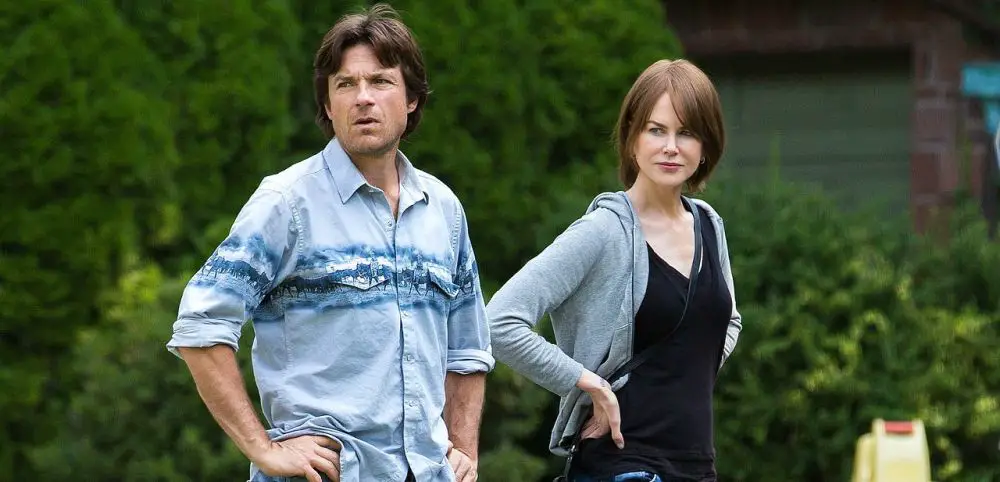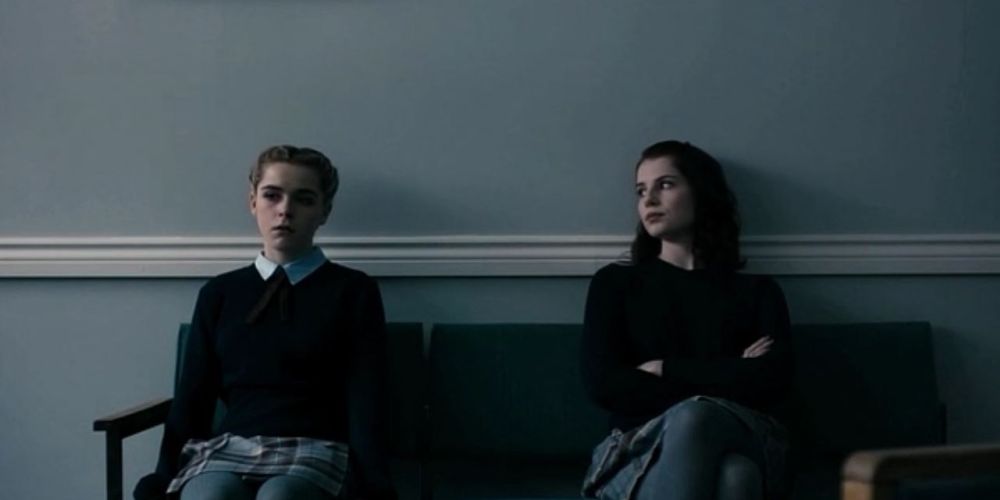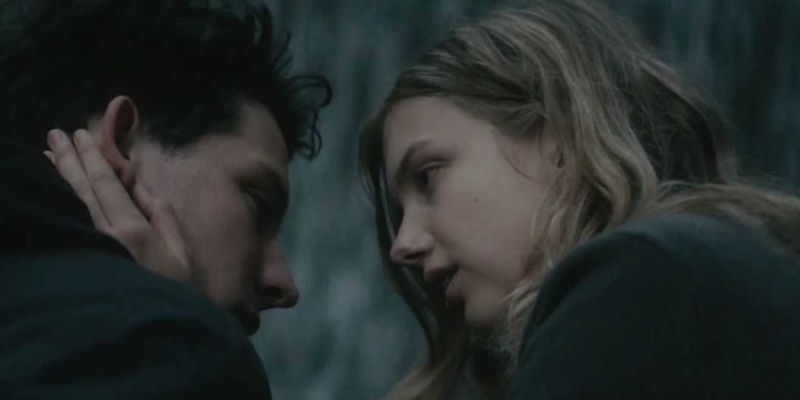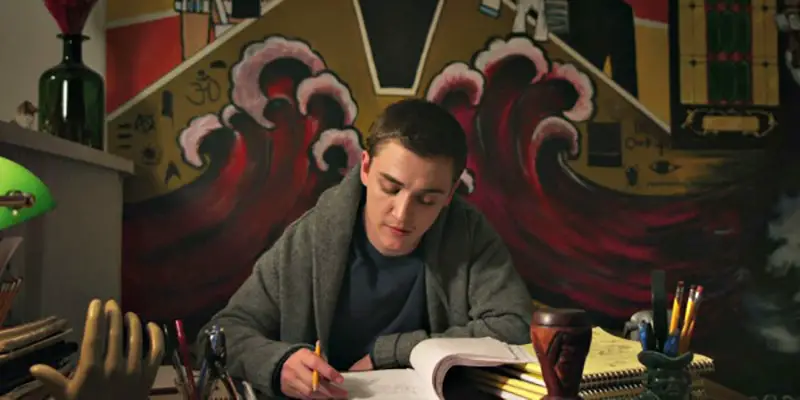2015

Growing up as a first generation Asian American, I looked to television and cinema for hints to “fit in” with all the other Americans, to improve my grammar and English, to embrace the idea of being American. In that transition, I severed some of my Filipino roots. I can understand Tagalog, but I can’t speak it.
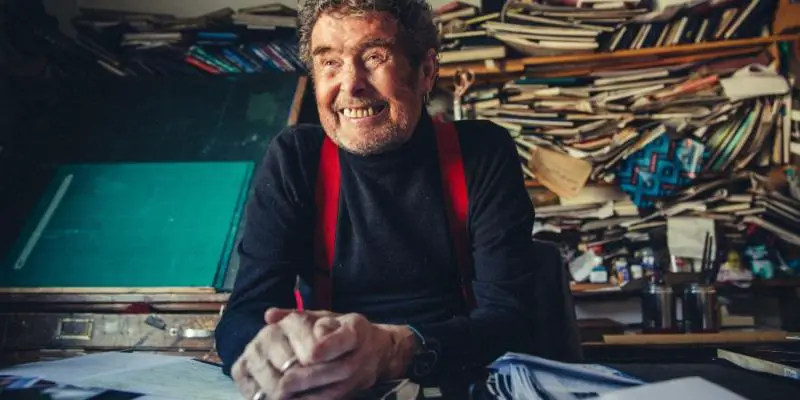
I first saw My Brief Eternity at the Wales International Documentary Festival, and such was its impact on me that after meeting the director Clare Sturges, and after writing up the festival itself, I resolved to review it so that others would come to know of it. The short documentary is a joint project between Maggie’s and Brightest Films, the former being a cancer charity, the latter Sturges’ production company. The film is about the Welsh artist; Osi Rhys Osmond.
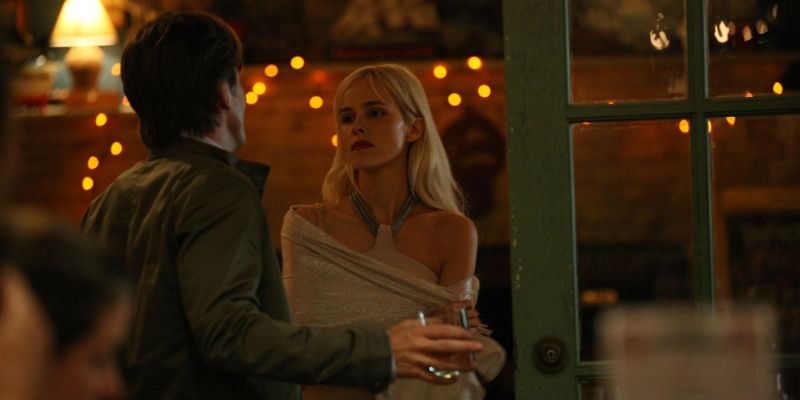
Despite the title being one of the most fascinating I’ve seen in a while, Careful What You Wish For, directed by Elizabeth Allen Rosenbaum, is about as painfully average as a neo-noir thriller film can get. You will not be surprised or fascinated at any point in this film, where a younger man takes an older woman (Isabel Lucas) as his lover. Though, said older woman isn’t all that much older than him, sadly showing how limited roles for women are in this industry.
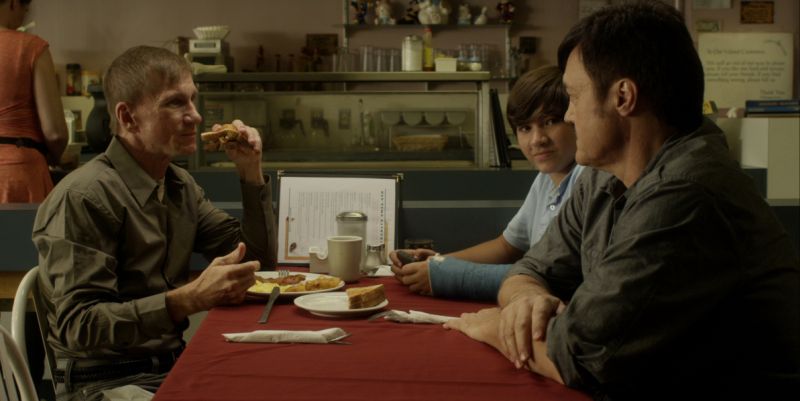
While many recent horror films have been heavily influenced by the works of prominent directors of the 1980s like David Lynch, John Carpenter and David Cronenberg (very good ones like The Guest and It Follows), this one addresses subject matter not even those films were willing to tackle. Richard Powell’s Heir is the next great homage to those great directors, and can proudly be a part of the recent resurgence in thoughtful horror films designed more to represent real world conflicts as opposed to cheap scares. The plot is simple at first:
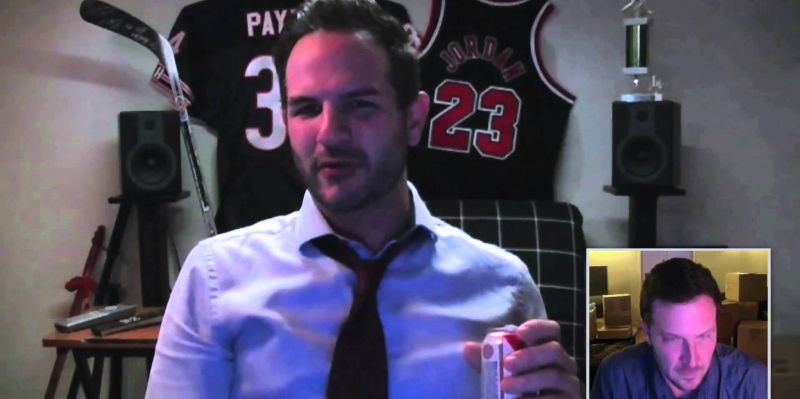
In Matthew Solomon’s Chatter, Agent Martin Takagi (Tohoru Masamune) comes across the intimate video chats of married couple while monitoring Internet traffic for the Department of Homeland Security. The married couple, played by Brady Smith and Sarena Khan, begin to discover that their new home is haunted. In the same vein of horror films such as Paranormal Activity and the more recent Unfriended, the mechanics within this film felt familiar.
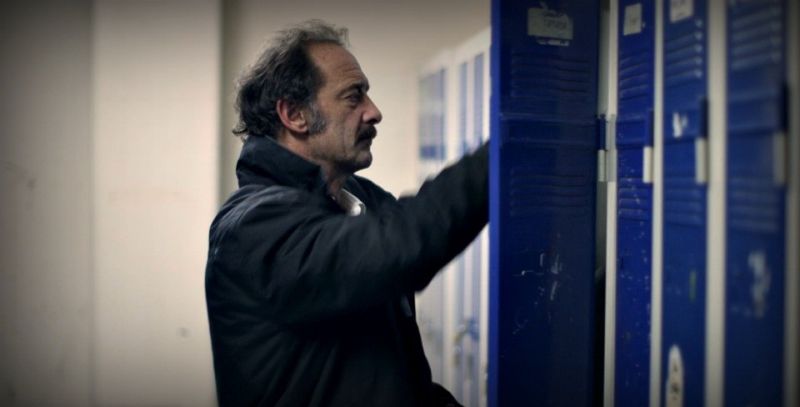
In Henry David Thoreau’s Walden, a treatise about the human condition, he wrote, “The mass of men lead lives of quiet desperation.” For many people the work they do is pointless, only going far enough to provide limited sustenance while killing the spirit inside which yearns to be free. Naturally, this is nothing new.
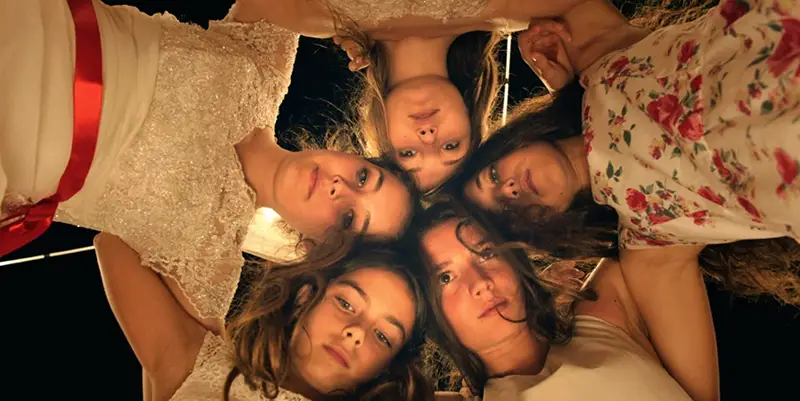
Every year, we get countless reports that there isn’t enough diversity in Hollywood storytelling. In the past couple of weeks alone, GLAAD’s annual media report has shown that LGBT diversity is only visible in TV, whilst Asian-American actors have begun a protest website called “Starring John Cho”, to highlight the lack of leading roles given to people of their ethnicity. A story that needs to be told There was a line in GLAAD’s celebration of diversity in independent cinema that rung alarmingly true, as they highlighted that diverse audiences shouldn’t have to look to the arthouses for films that relate to them.

3rd Street Blackout is an independent romantic comedy written, directed by and starring Negin Farsad (as Mina) and Jeremy Redleaf (as Rudy). The film explores the trials one tech-savvy couple endures during the midst of a post hurricane blackout in an urban New York City neighborhood. It also features Ed Weeks (as Nathan Blonket) and a brief appearance by Janeane Garofalo (as June Sherman).

To talk about this film, you must talk about the rise and acceptance of post-modernist cinema with mainstream audiences and how this has changed the way modern genre films are tackled. To break it down, post-modernist cinema essentially is cinema that tackles ‘modern’ or traditional cinema. Post-modern cinema wants to actively point out the different film elements that make traditional cinema work, show them to you and deconstruct these cinematic codes in order to stand apart and comment on its established genre/story-telling methods that its currently indulging in.

